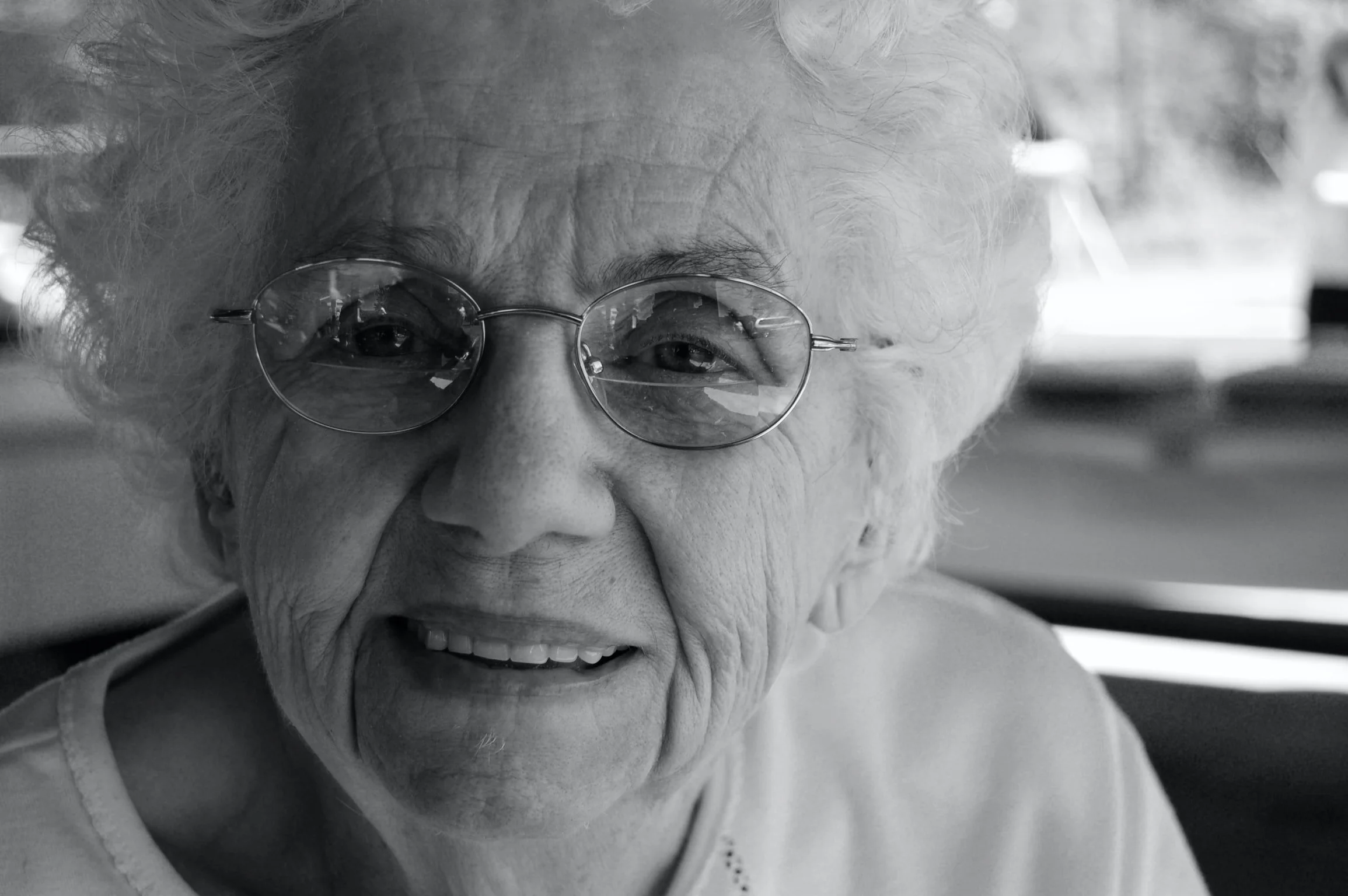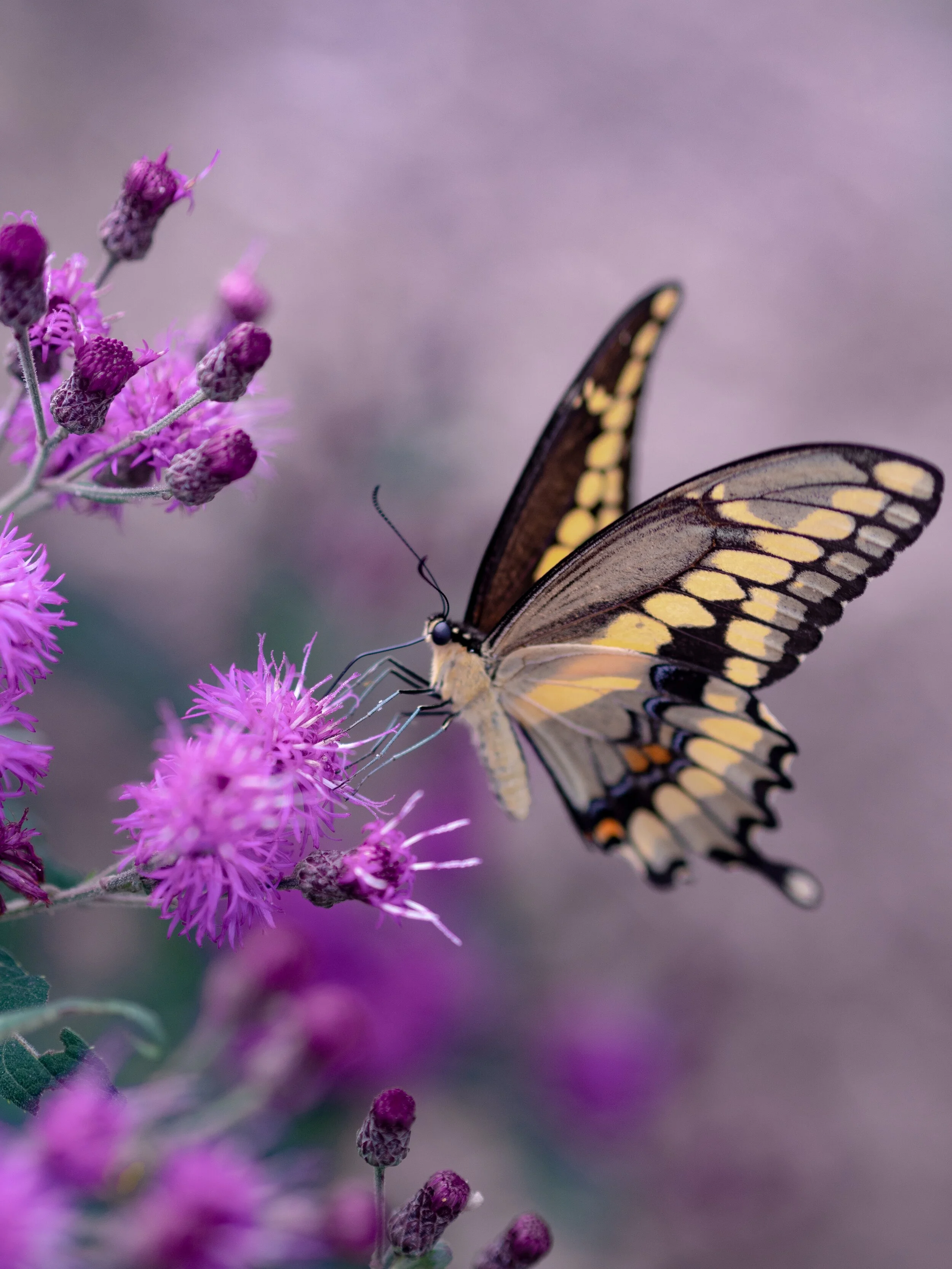
Essays, poetry, and artwork by healthcare workers
The Vaccine
The Covid-19 vaccine made its long-anticipated debut last month. Dr. Elizabeth Mitchell (@emitchel), an emergency department physician at Boston Medical Center, captured her relief in this poem, “The Vaccine.” “The hardest thing about the pandemic,” she told us, was the first surge: “not enough PPE, really sick and dying patients and just plain fear and anxiety.” Her poem is one of the first representations of this new moment of hope, and we are privileged to post it here.
Adults
During the Covid-19 pandemic, silos between specialties have often disappeared. Many practitioners have taken care of whomever needs it, wherever in the hospital they are located. In this spirit, pediatric emergency physician Dr. Rachel Kowalsky tells a story about caring for adults.
I answered the phone
Dr. Sharland Johnson is Chief Resident at Kings County/SUNY Downstate Emergency Medicine Residency in Brooklyn, NY. Her story about answering the phone paints a painfully clear image of pandemic life in the emergency department. At the same time, it demonstrates the amazing capacities the pandemic has brought out in frontline workers: grace under pressure, commitment to human life and love, and the capacity to bear empathic witness.
A Fearless Leader (or…Where the Light Enters)
Dr. Sandra Scott is the Chair of Emergency Medicine at Brookdale Hospital in the South Bronx, NY. She told this story at “Airway,” a virtual Emergency Medicine storytelling event in June 2020, and we have been thinking about it ever since. Here are the ingredients: a pandemic, a sick patient with a service dog, and a hospital leader walking that dog through the empty streets just before dawn on March 20, 2020. Dr. Scott’s story is about the ways in which the ordinary became suddenly extraordinary, and the need for a leader to be brave.
Our Authentic Selves
Adam Howard is a third-year student at the Mayo Clinic Alix school of medicine. COVID-19 has given him the opportunity to lovingly plant a garden for his wife, as well as put pen to paper and formulate this critically important perspective on race, identity, and social justice in the 21st century. In our correspondence, he told us: “We as a society value many things more highly than we value health and life … I will strive to serve my future patients in the context of such systemic limitations.” We have no doubt that he will be successful.
You’re Not the Only One Feeling Guilty
Dr. Lucy Willis is an emergency physician and the Director of the Emergency Medicine Faculty Wellness Program at Weill Cornell Medicine in New York City. In this essay, she describes the sense of guilt and shame that has plagued emergency physicians during the COVID-19 pandemic, and shares the thoughts that have comforted her. “We are in this together,” she writes. “And I hope that we can heal each other.”
Just In Case
Dr. Annalise Sorrentino is a Professor of Emergency Medicine at the University of Alabama. In her essay, "Just In Case," she tosses a lifeline to anyone who might be feeling anxious, lonely, or thoroughly disrupted during the COVID-19 pandemic. Dr. Sorrentino’s writing may be viewed on her blog annaliseblog.wordpress.com.
The 2 calamities killing Americans: COVID-19 and racism
A is for airway. In this articulate and impassioned piece, Dr. Josyann Abisaab, an ER Doctor in NYC, discusses the systemic structures that cut off the breath of our Black patients, and what we can and must do to dismantle them.
The unremitting adventure of COVID recovery
Dr. Annie Li is a pediatric emergency psychiatrist in NYC. In this deeply moving essay, she describes her experience with COVID-19 as a patient, a mother, and finally as a therapist for other families dealing with the same menacing and unpredictable disease. She also describes her coping mechanisms: connecting with others, meditation, and of course writing.
The Web between the Cracks
Sarah Crosky is a Spanish language medical interpreter at a community healthcare system in Boston, MA. Her poem “The Web Between the Cracks: Interpreting Coronavirus” describes the challenges involved in translating during COVID-19. In our correspondence, she explained that she is now working remotely, making it more challenging to pick up on messages more easily perceived in person. She explained “While we are conduits of language, we also monitor for understanding and misunderstandings from a cultural and linguistic perspective. If necessary, we clarify meaning and offer cultural context. Interpreters help patients amplify their voices and ensure their right to equal access.” This critical work is beautifully expressed in her poetry. (Link to Sarah’s reading below)
Let It Be
“Let it Be.” The Beatles released this song 50 years ago, and NYC pediatrician Dr. Vincent Uy’s college choir got together virtually to sing it this week. The singers are all alumnae of The Faculty of Pharmacy at the University of Santo Tomas in Manila, Philippines, and all are frontline healthcare workers in different parts of the world. Dr. Uy shared, “the song has a targeted message of hope for all of us … in this time of uncertainty, we all need one another to lift each other’s spirits up.”
Quarantunology
Quarantunology! This musical term was coined by Dr. Brian Lefchak, a second year pediatric resident in New York City, when he sat down at his piano "to help take our minds off all the news." Brian was glad to be in the ED during the outbreak, telling us "I wanted to look back on this extra-ordinary moment in history and feel like I had made a contribution." Because ED shifts were spaced out, Brian found time to catch up with friends and family and play piano. "Time is ultimately what you make of it," he says. Here he is playing "Don't You Worry Child," by Swedish House Mafia.
Entering the Patient’s Room
How should we enter a patient's room? Poet and nurse practitioner Cortney Davis reminds us that our physical presence is an essential part of the healing encounter. Now, with so many patients unable to have their loved ones at their bedside, our physicality takes on added importance. "Even if a two second hesitation is impossible, maybe there can be an emotional pause, moving away from the turmoil and turning a focused beam of compassion onto the patient we approach," Ms. Davis told us. She wrote this poem after her own experience as a patient. "When I was a patient, hovering between could live, could die, a nurse came and placed her hand on my arm, saying nothing. She simply remained there, waiting with me, and I felt completely and competently cared for." I love her vision of light emanating from her patient's wounds. May we all notice this light, and bring our own, every time we enter the room. Ms. Davis gave us permission to post this poem ahead of print; it will be be published in June as part of her collection "I Hear Their Voices Singing: Poems New & Selected."
First Sunday on the Ward, Pandemic
Poet and emergency medicine nurse Stacy Nigliazzo captured perfectly the tension and expectancy felt before entering a patient's room during this pandemic. This poem first appeared in the American Journal of Nursing "Off the Charts" blog on April 10, 2020.
Where have all the children gone?
By Deborah A. Levine, MD, Susan Fraymovich, DO, and Shari L. Platt, MD
New York City, Pandemic 2020
Annals of Emergency Medicine
My frontline is the sideline
In this essay, pediatric hematologist Dr. Nicole Kucine gives voice to the feelings of many pediatricians who are waiting to learn whether they will be re-assigned to care for patients on COVID-19 units. Will they be heroes? Imposters? What roles will they play as the COVID-19 story unfolds?
When Corona Comes Knocking
Dr. Jay Kaplan is an Emergency Physician, Past President of the American College of Emergency Physicians, and Medical Director of Care Transformation at LCMC Health in New Orleans. He wrote this poem after visiting an ICU where 6 patients had died of COVID-19 in one night. He told us: “The road will remain the road. We need to… recognize and acknowledge our fear, sadness, grief, and perhaps anger and express it in a safe environment.”
As Nature Carries On
Dr Sonia Ruparell (@soniaruparell), one of our PGY3 residents, wrote this poem after a busy shift in the ER. When she woke up the next day, a cherry tree was moving in the wind and dropping its petals in the street. She told us, “What is humbling to me, is that nature continues to move on and heal as everyone on the planet has taken shelter.”
Faith
Mukesh Parikh has been writing poetry for over 40 years, but rarely shares it outside of his family. This poem describes his experience as the father of a pediatric neurology resident at Weill Cornell Medicine during the Covid-19 pandemic. For him, it feels like “when a son or daughter is deployed to the frontline fighting against the enemy for their country; I remain anxious and fearful but at the same time proud.”
In Faith, he expresses his admiration that healthcare workers, like angels, remain largely anonymous in their work. In our correspondence, he wrote: “These angelic qualities perhaps become the source and reason for patients to unexpectedly, and overwhelmingly, have their lost faith restored again.” He also expressed his gratitude to all healthcare providers, “who are the ‘angels without the wings’ who make a difference in this world.”
Love letter in a virus pandemic
This poem was written by Dr. Maria de Sousa, a professor at University of Porto and Adjunct Professor at Weill Cornell Medicine.
She wrote this poem to all her friends days before dying from the COVID virus. I think it is an amazing piece of work which needs to be read.
Dr. Sousa was co-corresponding author with Dr. David C. Lyden, Professor of Pediatrics at Weill Cornell Medicine, on a recent publication on brain metastasis (Goncalo Rodrigues, et al, Nature Cell Biology Nov 2019), and also a close friend of Dr. Rui Costa, Director of the Zuckerman Institute at Columbia University.
Dr. Lyden, who studies children’s cancer, expressed, “this poem is at the heart of the crisis. Gifted people, such as Maria, in our own Cornell community, must be remembered for all that they did for Cornell and the world at large.”




















